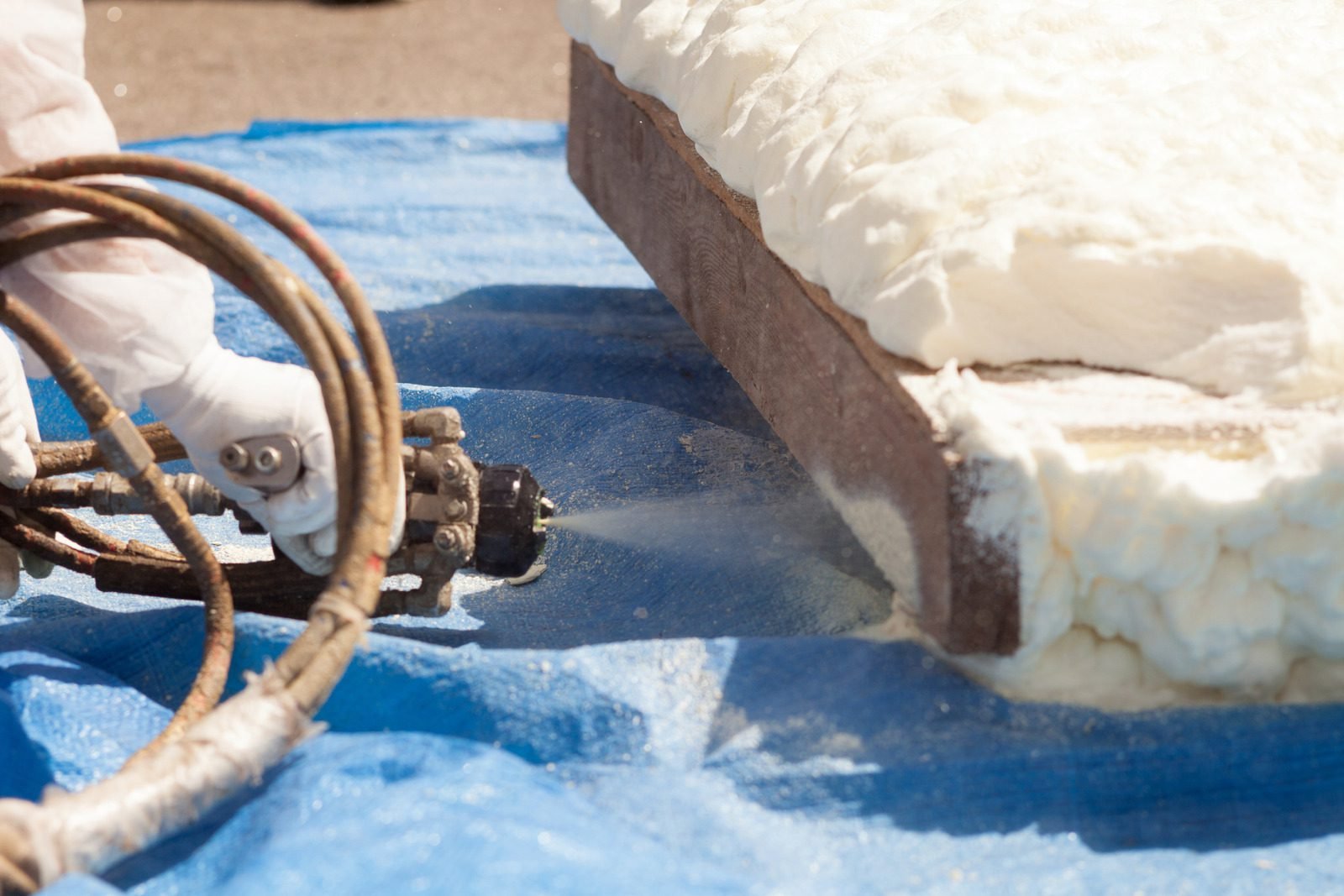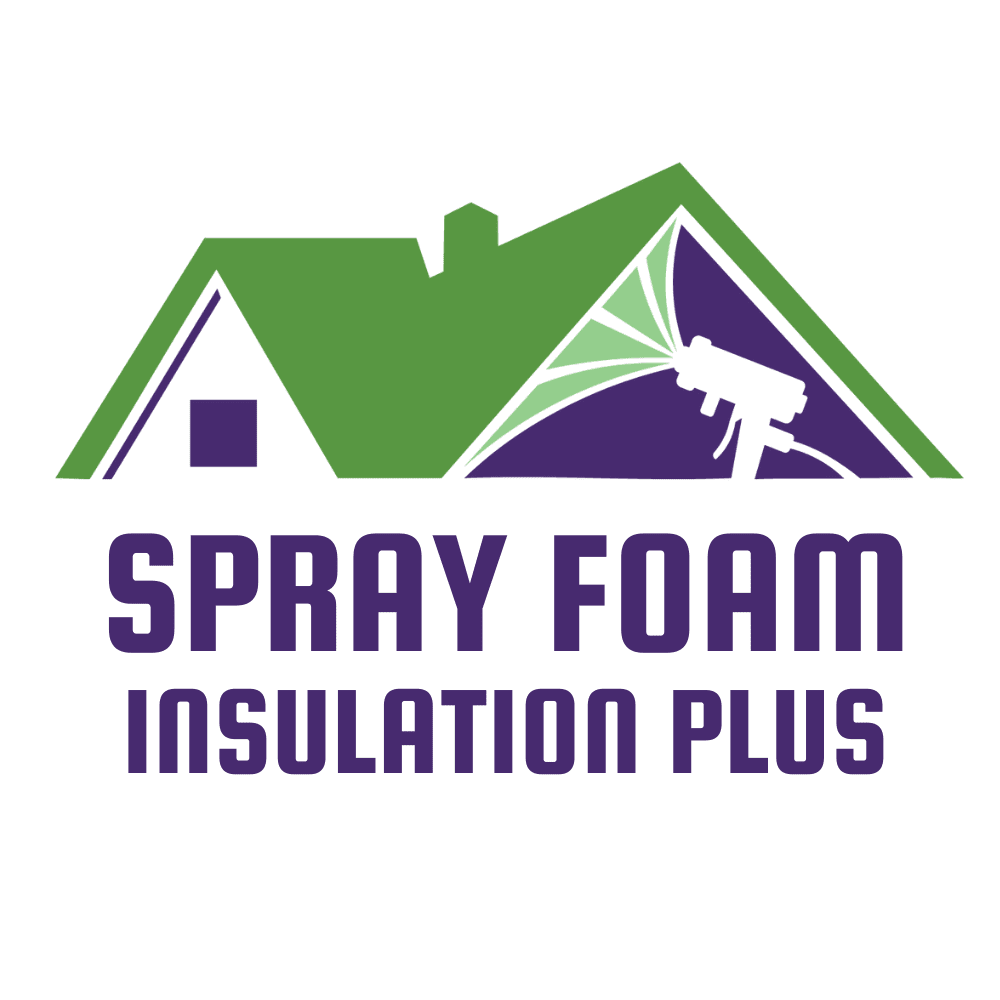Spray Foam Insulation Contractor in New Hope MN | How Thick does Spray Foam Insulation need to be?
 How Thick does Spray Foam Insulation need to be?
How Thick does Spray Foam Insulation need to be?
When it comes to insulating your home, there are a lot of options to choose from. Maybe you’re looking for a Spray Foam Insulation Contractor in New Hope MN. One of the most popular and effective types of insulation is spray foam insulation. But how thick does spray foam insulation need to be to provide maximum benefit? Let’s take a closer look.
What is Spray Foam Insulation
Spray foam insulation is a type of insulation that is applied as a liquid and then expands to fill the space it’s applied to. This makes it a great option for hard-to-reach spaces like attics and crawl spaces. It can also be used in walls and ceilings.
Spray foam insulation has a number of benefits over other types of insulation. It is a great moisture repellant, which can help prevent mold and mildew from forming in your home. It also improves heating and cooling efficiency, which can save you money on your energy bills. Additionally, it can provide sound insulation, which can be particularly important if you live in a noisy neighborhood.
How does it Work?
So, how thick does spray foam insulation need to be to provide these benefits? The answer depends on a number of factors, including the climate you live in, the type of insulation you’re using, and the area you’re insulating.
For residential insulation, the most common thickness for spray foam insulation is between 2-3 inches. However, depending on the climate, some insulation contractors may recommend a thickness of up to 4 inches. In colder climates, a thicker layer of insulation may be necessary to keep your home warm and to prevent pipes from freezing. If you’re looking for a Spray Foam Insulation Contractor in New Hope MN, Spray Foam Insulation Plus is here to help.
Attic Insulation
When it comes to attic insulation, the recommended thickness will depend on the type of spray foam insulation being used. There are two types of spray foam insulation: open-cell and closed-cell. Open-cell spray foam insulation is less dense and provides less insulation than closed-cell insulation. As a result, thicker layers of open-cell insulation may be required to achieve the same level of insulation as a thinner layer of closed-cell insulation.
Insulation contractors will also consider the R-value when determining the thickness of spray foam insulation needed. The R-value is a measure of how well insulation can resist heat transfer. The higher the R-value, the more effective the insulation is at preventing heat transfer.
Insulation Rebates
In addition to climate and R-value, insulation rebates may also affect the thickness of spray foam insulation recommended by an insulation company. Many utility companies and government agencies offer rebates for energy-efficient upgrades, including insulation. In order to qualify for these rebates, your insulation contractor may need to meet a certain R-value requirement.
It’s important to note that while thicker layers of spray foam insulation can provide greater insulation benefits, there is a point of diminishing returns. The cost of adding additional insulation may outweigh the benefits of increased insulation.
Proper Installation
In addition to the thickness of the insulation, proper installation is also important for achieving maximum insulation benefits. A professional insulation contractor will ensure that the insulation is applied evenly and without gaps, which can reduce its effectiveness.
In addition to these factors, it’s also important to consider any insulation rebates that may be available in your area. Many utility companies and government programs offer rebates for homeowners who install energy-efficient insulation, including spray foam insulation. These rebates can help offset the cost of the insulation and make it more affordable to install thicker insulation.
Ultimately, the appropriate thickness of spray foam insulation will depend on a number of factors specific to your home and your energy efficiency goals. Working with an insulation contractor or insulation company can help ensure that you get the right insulation for your needs.
In conclusion, the thickness of spray foam insulation needed will depend on a variety of factors, including climate, type of insulation, and area being insulated. While the most common thickness for residential insulation is between 2-3 inches, insulation contractors may recommend thicker insulation in colder climates or to meet certain R-value requirements. Proper installation is also important for achieving maximum insulation benefits. With the right thickness and installation, spray foam insulation can provide a range of benefits, including improved heating and cooling efficiency, moisture repellence, and sound insulation. Contact a professional insulation contractor to determine the best thickness of spray foam insulation for your home. If you’re looking for a Spray Foam Insulation Contractor in New Hope MN, Spray Foam Insulation Plus is here to help.
At Spray Foam Insulation Plus, we’d be happy to offer you the benefits that Spray Foam Insulation has to offer, such as: Waterproofing, Attic Insulation, Energy Insulation Rebates, and more! Contact us today for more information on just what Spray Foam Insulation Plus can do for you and your family. We are your local spray foam insulation contractor in Shakopee Minnesota and would love to help you today!
Spray Foam Insulation Contractor in New Hope MN
Spray Foam Insulation Contractor in New Hope MN
Spray Foam Insulation Contractor in New Hope MN
Spray Foam Insulation Contractor in New Hope MN

Tags
Preferred Contractors of:

Interested in a Free Estimate?
- Spray Foam Insulation Company in Sartell MN | 5 Benefits of Hiring Local Spray Foam Insulation Contractors
- Spray Foam Insulation Contractor in St Stephen MN | Key Qualities to Look for in a Spray Foam Insulation Contractor
- Spray Foam Insulation Installation in St Cloud MN | Cost Factors Involved in Hiring Spray Foam Insulation Contractors
- Spray Foam Insulation Company in Rice MN | How Spray Foam Insulation Contractors Assess and Determine Insulation Needs
- Spray Foam Insulation Contractor in Royalton MN | Tips for Finding Reliable Spray Foam Insulation Contractors